
With Thanksgiving coming up, I will devote this week’s musings to things I am grateful for.
As so often, that puts nature in first place, particularly the nature that surrounds me where I live, a place of astounding beauty.




That is true even if – or perhaps particularly if – you can’t see it very well, since in November it is often shrouded in mist.
I now know to call it mist, since I looked up the difference in definition between mist and fog: they both are ‘Obscurity in the surface layers of the atmosphere, which is caused by a suspension of water droplets’. They differ, though, in the range of visibility: By international agreement (particularly for aviation purposes) fog is the name given to resulting visibility less than 1 km, however the term in forecasts for the public generally relates to visibility less than 180 m. Mist simply has a lower density of water droplets and you can look farther than 1000 meters.



And in case you also want to know the meaning of haze, another visual phenomenon: it is a suspension of extremely small, dry particles in the air (not water droplets) which are invisible to the naked eye, but sufficient to give the air an opalescent appearance.

All this, of course, stands in benevolent contrast to the horrors of air pollution and smog created by the fires in California. https://www.nytimes.com/2018/11/16/us/air-quality-california.html
From the article: The precise biological mechanics of how people develop chronic lung problems, while not fully flushed out, lie at the intersection of two seemingly disparate scientific areas, immunology and environmental study.
Immune cells that respond to foreign particles douse the particles with toxins, among other tactics, to destroy them. But an intense event like extremely poor air quality can prompt such a strong immune response that it can throw the body’s delicate network out of balance, particularly in people predisposed to asthma or allergy.A vicious cycle can begin where each time a person experiences even small, related stress — like smoke — the body overreacts, leading to constricted air flow and intensifying the risk of heart attack and stroke for some people.
Researchers say that climate change leads to this kind of ill health through wildfire, but also through prolonged pollen seasons, dust storms and other events that affect air quality.“We’re setting up a tipping point in the immune system that leads to more inflammation and disease,” said Dr. Sharon Chinthrajah, a pulmonologist and allergist at Stanford, speaking of the way climate change has put increased pressure on human defenses. “California,” she added, “is being reset to a new reality.”


Grateful, then, for these election winners to tackle climate change, air and water quality, and persuading others in congress to sign on:
https://insideclimatenews.org/news/12112018/election-congress-climate-change-environment-activists-osasio-cortez-casten-tlaib-escobar-levin



And the swans are grateful that they aren’t turkeys…




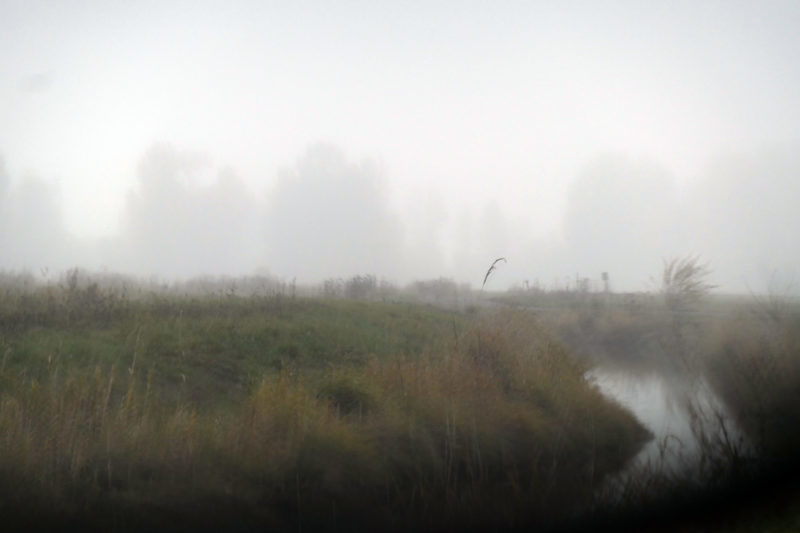
















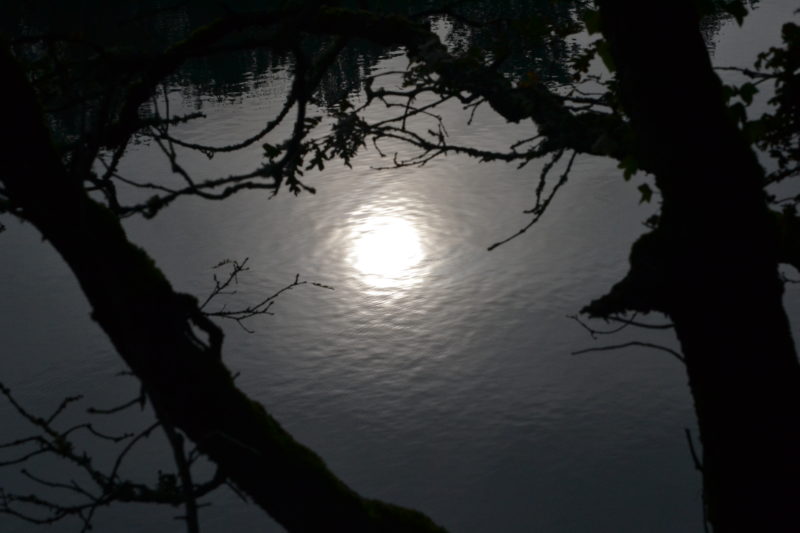
 What can I do?
What can I do?
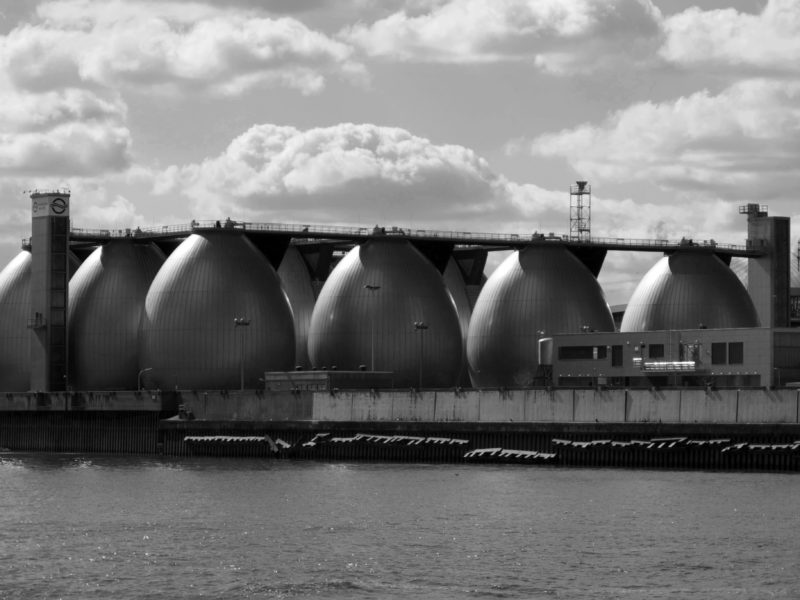
 How lawyers and judges are helping curb climate change
How lawyers and judges are helping curb climate change

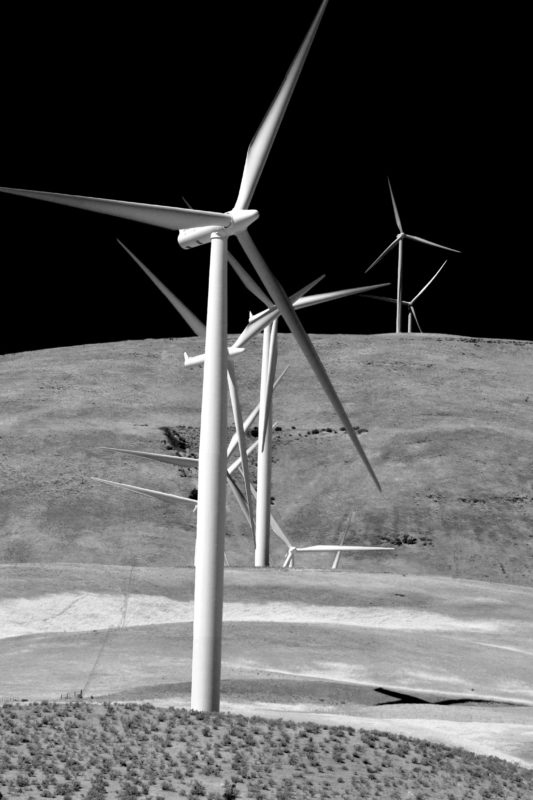




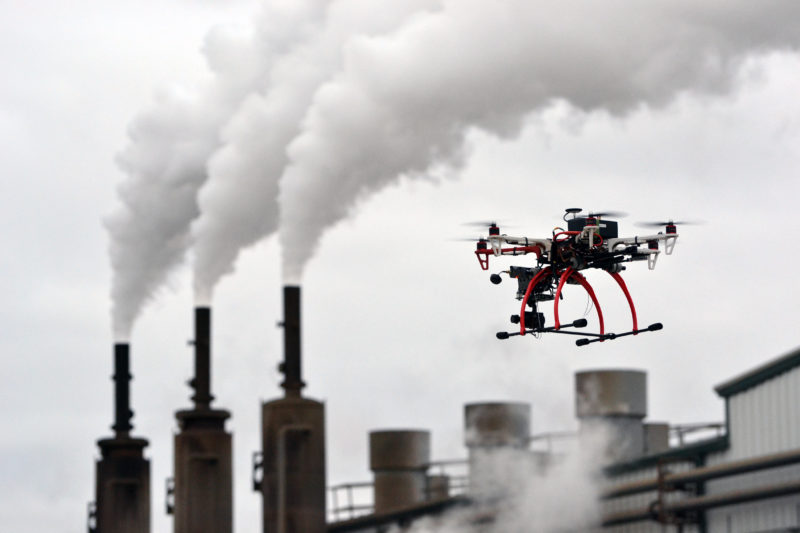



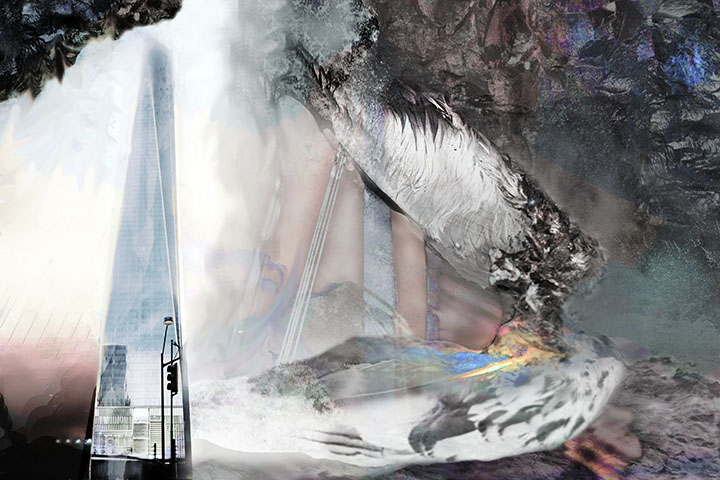



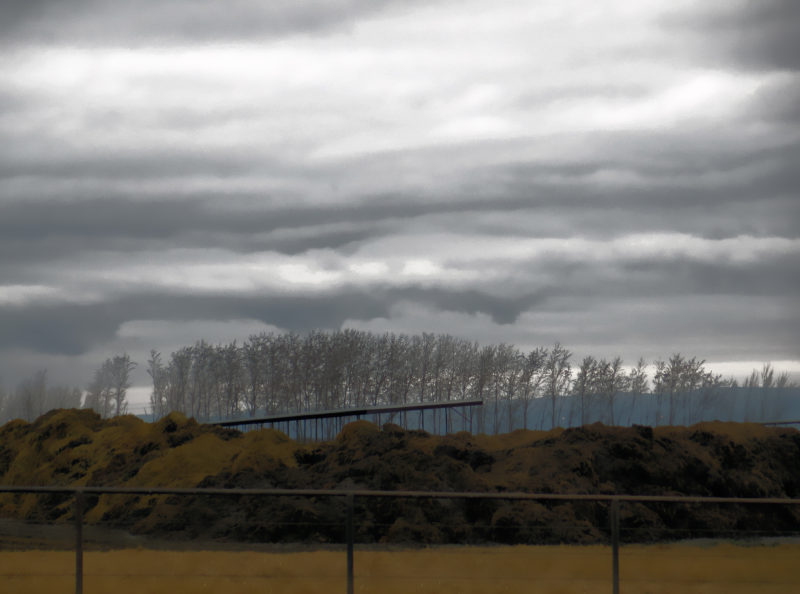

 In case you need some facts, regardless, if still willing to talk to your republican relatives over the Christmas goose or the Hannukah latkes, and I will provide some on climate change this week. They are taken – directly – from a 101 climate change primer by Jelmer Mommers, a Dutch climate expert. I will link to the entire article by the end of the week.
In case you need some facts, regardless, if still willing to talk to your republican relatives over the Christmas goose or the Hannukah latkes, and I will provide some on climate change this week. They are taken – directly – from a 101 climate change primer by Jelmer Mommers, a Dutch climate expert. I will link to the entire article by the end of the week.

